Speakers
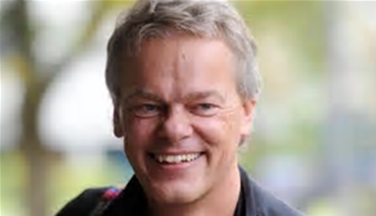
Research Interests Edvard Moser
Edvard Moser is a Professor of Neuroscience and Director of the Kavli Institute for Systems Neuroscience at the Norwegian University of Science and Technology in Trondheim. He is interested in how neural circuits give rise to cognitive functions. He has focused specifically on the brain’s system for representation of space. Together with May-Britt Moser and John O’Keefe, Edvard Moser was awarded the Nobel Prize in Physiology or Medicine in 2014.

Research Interests John O’Keefe
Professor John O’Keefe, Director of the Sainsbury Wellcome Centre for Neural Circuits & Behaviour and Professor of Cognitive Neuroscience in the Department of Cell & Developmental Biology, Division of Biosciences at University College of London is interested inthe neural basis of cognition and memory, in particular spatial cognition and memory. Function of the hippocampus and related temporal lobe structures. Use of virtual reality in conjunction with imaging of the human brain. Navigation in robots. Neural network models. Together with May-Britt Moser and Edvard Moser, John O’Keefe was awarded the Nobel Prize in Physiology or Medicine in 2014.
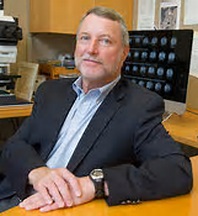
Research Interests David Amaral
Dr. Amaral’s interests include research involving multidisciplinary studies directed at determining the neuroanatomical, behavioral and electrophysiological organization and functions of brain systems that are involved in learning, memory, emotion and social behavior carried out on the human brain and on animal models. He also conducts research on neurobiological correlates of autism.

Research Interests Professor Elizabeth Buffalo
Dr. Buffalo’s research focuses on understanding the neural mechanisms that support learning and memory. Using neurophysiological and spectral analysis techniques in monkeys and humans, she investigates how the activity of individual neurons and synchronized neural ensembles contributes to memory formation and retrieval. Her lab uses innovative approaches to understand the neural dynamics associated with learning and memory under diverse behavioral conditions, with a focus on naturalistic and ethologically relevant behavioral tasks.
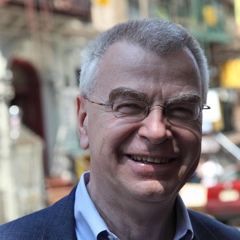
Research Interests Professor György Buzsáki
György Buzsáki is Biggs Professor of Neuroscience at New York University. His primary interests are mechanisms of memory, sleep and associated diseases. His main focus is “neural syntax”, i.e., how segmentation of neural information is organized by the numerous brain rhythms to support cognitive functions. His most influential work, the two-stage model of memory trace consolidation, demonstrates how the neocortex-mediated information during learning transiently modifies hippocampal networks, followed by reactivation and consolidation of these memory traces during sleep.
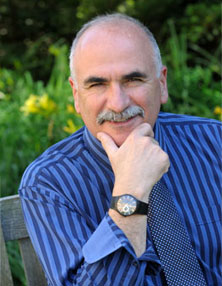
Research Interests Neal J. Cohen
Neal Cohen is a Professor of Psychology, Neuroscience, and the Beckman Institute, as well as Director of the Neuroscience Program (NSP), the Center for Nutrition, Learning, and Memory (CNLM), and the Center for Lifelong Improvement of Minds & Brains (CLIMB). Work in his lab includes neuropsychological, functional imaging, and eye tracking studies of memory, intervention studies (exercise, fitness, and cognitive training) across the lifespan, and computational modeling.
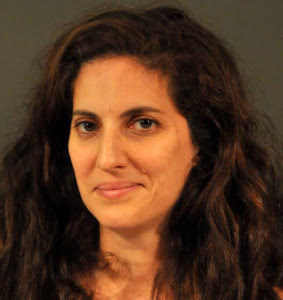
Research Interests Lila Davachi
Lila Davachi is Associate Professor of Psychology and Neural Science, and Director of the Center for Learning, Memory, and Emotion at New York University. Her research focuses on better understanding the neural and cognitive processes that contribute to memory formation, consolidation, and retrieval. Dr. Davachi uses behavioral and neural (conventional and high-resolution fMRI, iEEG, MEG) measures to help us learn more about the cognitive and neural operations that contribute to episodic memory.
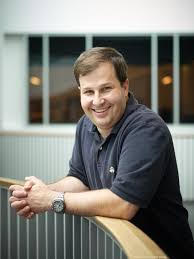
Research Interests Loren Frank
Loren Frank is a Professor of Physiology at the University of California, San Francisco Center for Integrative Neuroscience. Our goal is to understand how activity and plasticity in neural circuits underlie both learning and the ability to use learned information to make decisions. In particular, my laboratory focuses on the circuitry of the hippocampus and anatomically related regions. We use a combination of techniques, including large-scale multielectrode recording, targeted optogenetic interventions, advanced analytical techniques, and behavioral manipulations of awake, behaving animals to understand how the brain learns and remembers. We are also currently working to develop new technologies that include real-time decoding systems to allow for pattern-based interventions and very large scale (~1000 channel) polymer electrode systems that will be able to carry out high density recordings across multiple brain areas in awake, behaving animals.

Research Interests Stephan Heckers
Stephan Heckers, MD is a Professor of Psychiatry, Psychology and Radiaology at Vanderbilt University. He has studied the role of the hippocampus in psychotic disorders (schizophrenia spectrum disorders and psychotic bipolar disorder). I have combined anatomical and functional methods, ranging from post-mortem studies of hippocampal gene expression to imaging studies of hippocampal memory function. In the context of these studies I have applied existing and developed novel experimental paradigms to explore hippocampal function in patients with psychotic disorders.

Research Interests Richard Morris
Richard Morris, is Professor of Neuroscience at the University of Edinburgh and an Honorary Associate of the Instituto de Neurociencias in Alicante. He has a longstanding interest is the neurobiology of learning and memory. His work focuses on the role of activity-dependent synaptic plasticity in memory formation and consolidation. It has involved the development of novel behavioural tasks (including the watermaze and the event arena) and joint theoretical ideas such as the concept of synaptic tagging and capture. Current projects include optogenetic investigation of neuromodulation of cellular memory consolidation, and the role of prior knowledge, particularly ‘schemas’, in systems memory consolidation. One group in the lab is investigating the relevance of these ideas with respect to memory enhancement and the development of novel therapeutics for Alzheimer’s Disease.
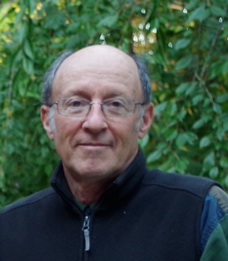
Research Interests Lynn Nadel
Lynn Nadel is currently Regents’ Professor of Psychology and Cognitive Science at the University of Arizona. His work has focused on the functions of the hippocampus in memory and spatial cognition, leading to significant contributions in the study of stress and memory, sleep and memory, memory reconsolidation, and the mental retardation observed in Down syndrome.
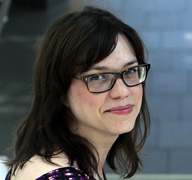
Research Interests Alison Preston
Alison Preston is Professor of Psychology at the University of Texas at Austin. Her work uses a combination of behavioral and brain imaging techniques to explore how we form new memories, how we remember past experiences, and how our memory for the past influences what we learn in the present. Each day, we experience a host of new things, many of which are highly related to each other and to our existing knowledge. How do memories for related experiences interact? How do they become linked in the brain to form meaningful networks of memories? How do these memory networks later support our ability to think, act, and reason in new situations? The overarching goal of my work is to understand how the hippocampus, through its interactions with prefrontal cortex, supports our fundamental ability to acquire and flexibly deploy knowledge. We are particularly interested in how our ability to effectively remember and reason about our experiences develops from the time we are children, and how this development relates to maturation of the hippocampal-prefrontal circuit.
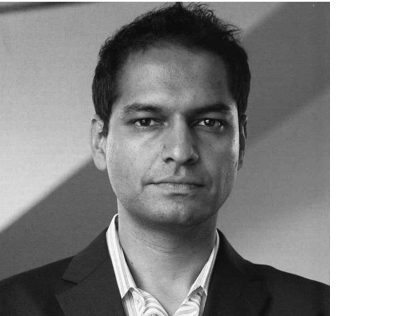
Research Interests Charan Ranganath
Charan Ranganath is a Professor of Psychology and Neuroscience at UC Davis. His research is focused on characterizing the neural mechanisms of memory in healthy individuals and how these processes go awry in patients with memory disorders. His group uses multiple methods to examine memory, including magnetic resonance imaging, electroencephalography, electrocorticography, eye movement monitoring, and transcranial direct current stimulation.

Research Interests Matthew Shapiro
Matthew Shapiro is a Professor at the Icahn School of Medicine at Mount Sinai. He is interested in memory in the everyday sense the word, how the brain remembers, in particular how processing by neural circuits alters those circuits so that information is encoded, stored, and then later retrieved in appropriate circumstances. He uses “high density recording” techniques to sample neuronal activity from parts of the brain that are needed for to perform a particular cognitive function, and attempt to decode the signal to understand how these required neural networks represent information in memory and guide behavior.
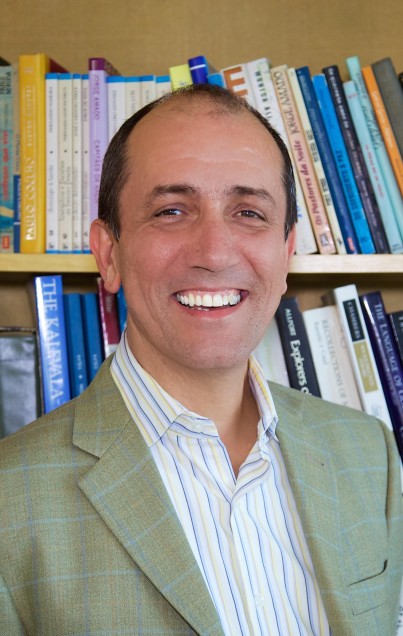
Research Interests Alcino Silva
Alcino Silva is a Professor at the University of California, Los Angeles. The Silva Lab is searching for the molecular, cellular and circuit processes that underlie the encoding, allocation, and storage of information in the brain. Insights into mechanisms of memory are being used to unravel the causes and develop treatments for cognitive deficits associated with aging, intellectual disabilities, and autism.

Research Interests Menno P. Witter
Menno P. Witter is Professor and Director at the Kavli Institute for Systems Neuroscience / Centre for Neural Computation Faculty of Medicine his research addresses the relationship between the architecture of neuronal networks and their function















